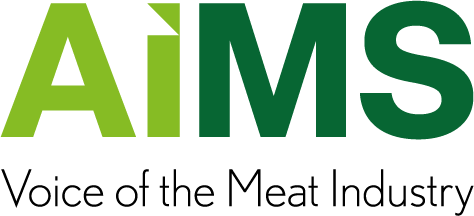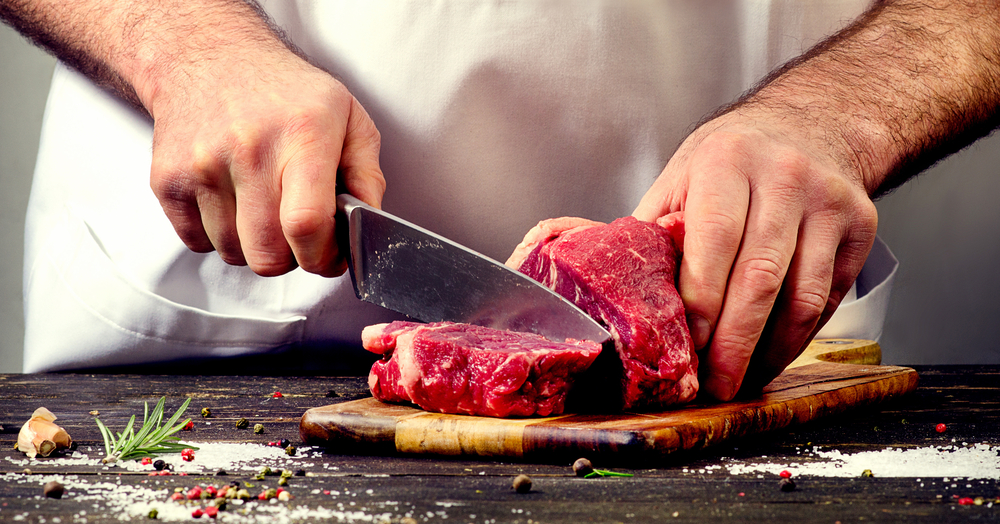Argentina & China Set for Beef Offal Trade Boost
Argentina Moves Closer to Beef Offal Export Deal with China
Argentina is poised to strike a significant new trade agreement with China, aimed at expanding exports of beef offal – a move that could help revitalise its pressured meat industry and reshape international supply dynamics.
According to reports, talks between Argentine and Chinese officials are in their final stages, with a Chinese delegation expected to visit Argentina on 8 June to complete technical assessments and finalise the agreement.
China Remains a Key Market – Despite a Dip
China remains Argentina’s largest export destination for beef, but recent data shows a notable slowdown. Exports to China accounted for 56.4% of total shipments in Q1 2025, down from 68% in 2024. Volume-wise, the drop is stark: 203,000 tonnes in early 2024 compared to just 137,000 tonnes for the same period in 2025.
This decline has been attributed to:
-
Low prices offered by Chinese buyers in early 2025 due to high domestic stocks
-
A stronger Argentine peso, making exports less competitive
-
Ongoing logistical and economic pressures in Argentina’s beef sector
Opportunity in Offal
The proposed agreement focuses specifically on beef offal, a product category in high demand across Asia for its versatility and value. If secured, the deal would open a new channel for Argentine meat processors, many of whom are grappling with rising input costs and falling margins.
For China, it’s a strategic move to diversify agricultural imports amid ongoing trade tensions with the United States. In 2024, China imported a record 2.87 million metric tonnes of beef, and Argentina, Brazil, and Australia remain key players in that supply chain.
While the deal brings opportunity, Argentina’s meat industry continues to call for domestic support. Producers are lobbying for a reduction in export taxes and increased incentives to maintain global competitiveness, particularly for value-added products like offal.
Original source: Reuters

